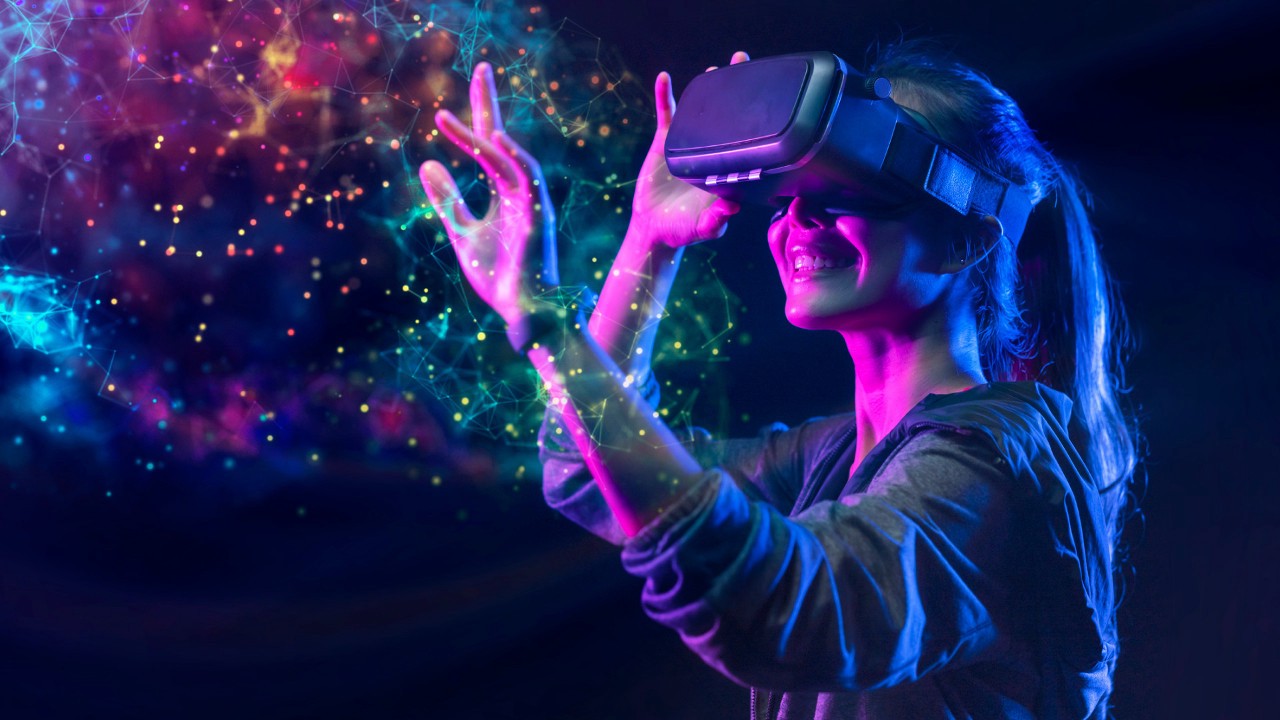
Gone are the days when a concert was just a venue, a stage, and a screaming crowd. Today, it could be a floating neon island, a galaxy-spanning arena, or even an underwater soundscape all inside a headset. Virtual concert worlds, powered by metaverse game development companies, are becoming the new frontier of live music entertainment.
With platforms like Fortnite, Roblox, and Decentraland leading the charge, the concept of what a “concert” means has evolved drastically. These aren’t just livestreams, they’re interactive, immersive, and deeply social experiences. And game developers are at the helm of this transformation.
Why the Music Industry Is Tuning In
The music industry, once skeptical of virtual venues, is now embracing the metaverse full-throttle. Why? The numbers speak volumes. Travis Scott’s Fortnite performance drew over 12 million viewers live. Lil Nas X’s Roblox concert pulled in 33 million views across four shows.
For artists and labels, these digital concerts open up global access, eliminate physical barriers, and create new monetization avenues. Fans, on the other hand, get front-row seats without leaving their homes. This mutual win-win has made virtual concert worlds a hotbed for innovation.
The Role of Metaverse Game Development Companies
It’s not just musicians making this possible behind every successful virtual concert lies a skilled metaverse game development company. These developers blend game mechanics, 3D environments, real-time rendering, and interactive systems to create concert experiences that feel alive.
From building floating stages to designing avatar animations that dance in sync with the music, these companies are redefining event production. Their skill set combines storytelling, programming, UX design, and multiplayer system architecture transforming a live show into a playable experience.
From Stage Lights to Server Farms: Tech Behind the Magic
What powers these metaverse concerts? It’s a mix of real-time engines like Unreal or Unity, combined with high-capacity cloud servers and low-latency streaming protocols. Game studios also use motion capture to animate artist avatars in real time.
Moreover, integration with VR and AR tools enhances immersion. Players with headsets like Meta Quest 3 or Apple Vision Pro can now attend virtual concerts that feel spatially real, turning every angle, jump, and dance move into a deeply embodied moment.
Interactivity Is the New Front Row
Traditional concerts are a spectator sport. Virtual concert worlds, however, are participatory. Fans can dance, jump, shoot fireworks, or even fly all while the concert is happening.
Game studios often incorporate gamified features: missions before the concert, collectible in-game merch, or avatar upgrades tied to music cues. This interactivity turns fans from passive viewers into active participants, increasing engagement and brand loyalty.
Designing for Digital Crowds
Metaverse concertgoers aren’t just avatars; they’re social, expressive, and expect customization. That’s why studios put immense effort into digital fashion, emotes, and crowd dynamics.
Creating a sense of shared presence, despite geographical separation, requires attention to detail. Lighting cues that sync to beats, crowd reactions triggered by sound waves, and even real-time chat moderation all contribute to the communal feel of these events.
Monetization: Beyond Ticket Sales
While physical concerts rely on tickets, drinks, and merch, virtual ones open up new streams: NFT merchandise, VIP digital passes, limited-edition avatar skins, and branded minigames.
Metaverse game development companies are collaborating with artists and brands to build these monetization strategies directly into the game engine. Some platforms even allow attendees to tip the artist using crypto wallets or earn loyalty points for attending multiple concerts.
Not Just for Pop Stars: Indie & Global Acts Join In
While superstars have grabbed headlines, indie artists are also leveraging the metaverse to grow their fanbase. These platforms democratize access to venues anyone with a following and a developer partnership can create an unforgettable virtual gig.
Moreover, global acts from South Korea, Brazil, and Nigeria are performing in culturally-themed metaverse venues, expanding their reach beyond borders. Localization, language-specific emotes, and culturally accurate 3D designs are helping studios tap into a global fanbase.
The Future Is Cross-Platform and Persistent
One of the most exciting trends is the development of persistent concert worlds spaces that exist before, during, and after the event. Fans can revisit, explore behind-the-scenes content, or meet up with friends even days later.
Additionally, cross-platform development ensures fans on mobile, PC, console, and VR can attend the same show. This inclusivity broadens audience reach and strengthens the case for investing in virtual concert infrastructure.
Final Thoughts
As technology evolves and audience expectations shift, the concert experience will continue to be redefined. Metaverse game development companies no longer support players; they’re the stage directors, engineers, and storytellers of this new era.
Games are no longer just for play; they’re stages for real cultural moments. As seen in titles like Persona 5 the phantom x characters, where aesthetics and immersion are key, we can expect future concert venues to be equally narrative-rich and emotionally compelling. For artists, labels, and fans, the message is clear: the future of music isn’t just heard, it’s experienced. And if you’re looking to innovate, partnering with a top metaverse game development company is your backstage pass to success.




